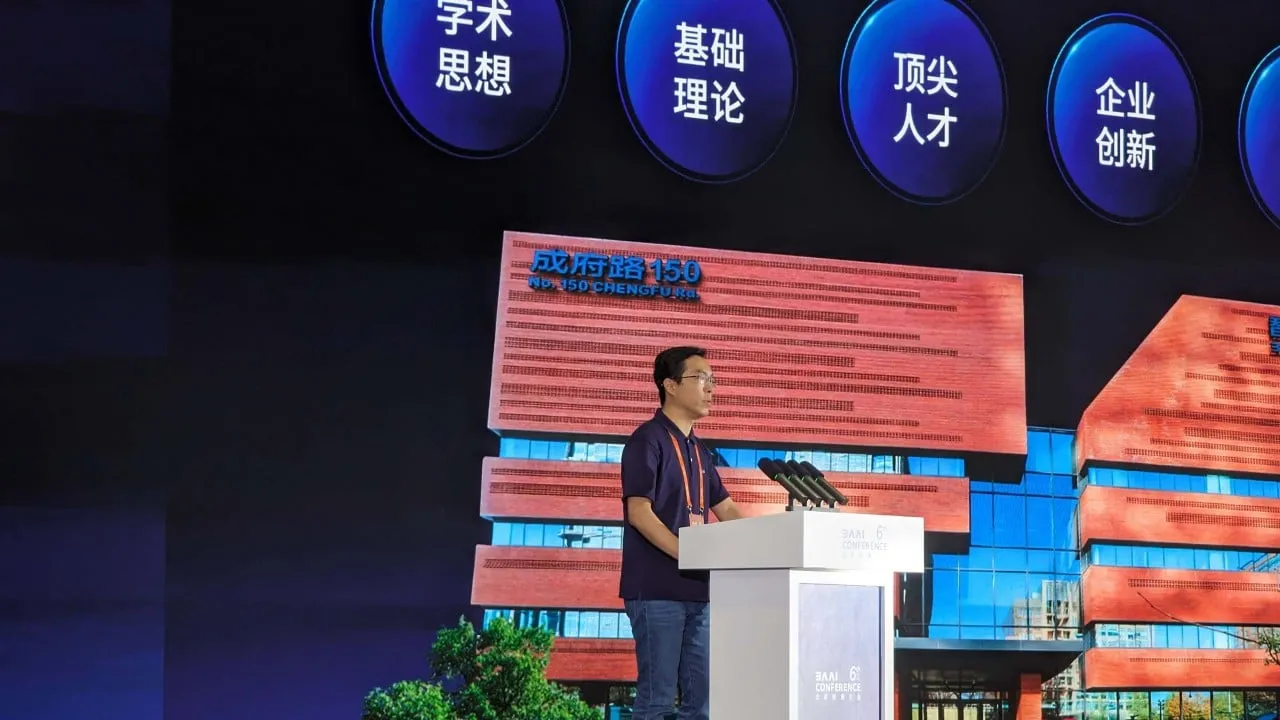Deepseek and BAAI's Trade Blacklist: A National Security Debate

Deepseek and BAAI: The Trade Blacklist Controversy
Deepseek and BAAI have recently been added to the US export control list, a move that has sparked debates regarding national security and technology access. This decision, made by the US Commerce Department, prohibits American companies from supplying products or services to them without official approval.
The Reaction from BAAI
According to the Beijing Academy of Artificial Intelligence (BAAI), this action was described as a mistake, asserting their position as a non-profit research institution committed to open-source AI development. They have stressed that AI should be seen as a public good and have produced nearly 200 AI models that have seen widespread global usage.
Implications for AI Research
- Impact on collaboration in AI research and development
- Potential hindrances to technological advancements in China
- Concerns voiced by international institutions about restricting AI open-source access
US Commerce Secretary, Howard Lutnick, emphasized the need for safeguarding advanced technologies, stating, “Every tool will be used to ensure technology does not fall into harmful hands.” The situation illustrates the growing tension between national security interests and the open-source movement in AI and cloud computing.
Future of AI Collaboration
Despite the restrictions, both Deepseek and BAAI reaffirm their commitment to transparency and collaboration in AI, aiming to continue sharing advancements with the global community. The outcomes of such trade decisions may define the future landscape of technology and innovation.
This article was prepared using information from open sources in accordance with the principles of Ethical Policy. The editorial team is not responsible for absolute accuracy, as it relies on data from the sources referenced.